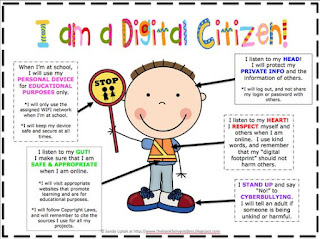PLN's

PLN (Personal Learning Network) I view a PLN as a means for personal and professional connections. Whether it be LinkedIn or another like app, we can forge relationships with other via an online community. That digital community will share interests, passions, and beliefs from anywhere in the world. PLN’s bring people together to share ideas and resources. This course has reinforced the benefits of digital sharing. I appreciate engaging in professional conversations with others in my same profession. The link as below conveys ten benefits of online communities. The very nature of NET courses brings together students from all over the world, what a benefit unto itself. When we widen that geographic scope of conversation, we learn much more about our practices. The website link below outlines 10 benefits of online learning communities. I especially like Point 5 - A sense of community - whereby users develop a strong sense of camaraderie with others. Ten bene

